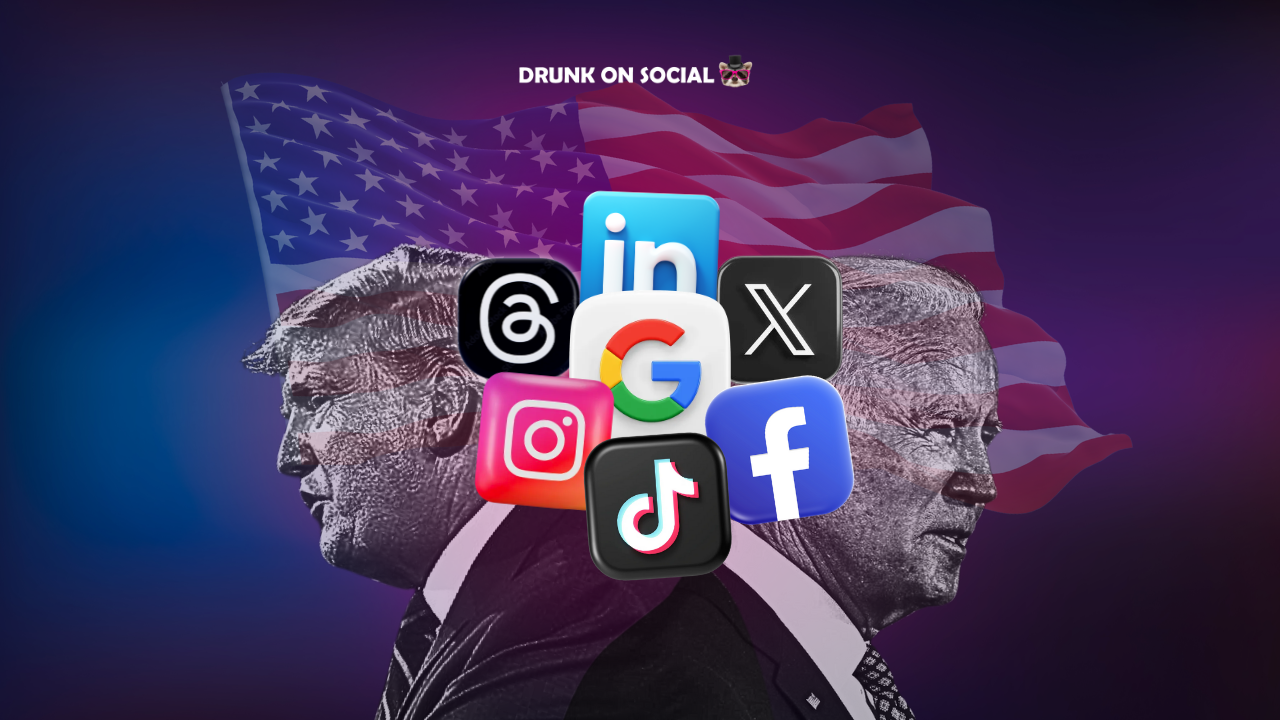The Evolving Landscape of Social Platforms in Political Discourse: Implications for Elections
As we approach a series of significant elections across the globe, the role of social media platforms in shaping political discourse and influencing voter behavior is under intense scrutiny. With major elections looming in the United States, India, the European Union, the United Kingdom, South Africa, and other nations with high social media penetration, each platform is adjusting its approach to political content. These adjustments could have far-reaching implications for the outcomes of these elections.
Meta’s Pivot Away from Politics
Meta, the parent company of Facebook and Instagram, has embarked on a notable shift away from political content within its apps. This decision comes after years of grappling with the divisive nature of political discourse on its platforms. Mark Zuckerberg, Meta’s CEO, acknowledged the overwhelming feedback from users expressing fatigue with political content following the Capitol Riots in 2021. Consequently, Meta has intensified its efforts to reduce political content, primarily through the promotion of AI-recommended short-form video clips.
The company’s latest move involves discontinuing Facebook News and severing ties with local news publishers, significantly diminishing the presence of news content in users’ feeds. This strategic shift is driven not only by a desire to mitigate reputational damage but also by the substantial financial penalties Meta has incurred due to past controversies, such as the Cambridge Analytica scandal. While Meta’s retreat from political discourse may shield it from negative publicity, it raises concerns about the implications for voter information and democratic engagement.
Twitter’s Amplification of Political Debate
In contrast to Meta’s retreat, Twitter, or X, as it’s now known, has embraced political debate, positioning itself as a platform for unrestricted expression. Elon Musk, the owner of X, utilizes the platform to amplify his political viewpoints on a range of issues, leveraging his significant influence to shape public discourse. X’s commitment to free speech, coupled with its reliance on community-driven content moderation, has created an environment ripe for the proliferation of misinformation and manipulation.
While Musk advocates for the unrestricted dissemination of diverse opinions, critics argue that X’s laissez-faire approach facilitates the spread of misinformation and undermines democratic processes. The platform’s decentralized content moderation system, characterized by community notes, fails to effectively combat misinformation, as evidenced by research highlighting the persistence of false narratives and the influence of coordinated groups with vested interests.
Implications for Voter Behavior
As social media platforms adopt divergent approaches to political content, the implications for voter behavior are profound. Meta’s withdrawal from political discourse may limit the dissemination of news and information, potentially leaving users less informed and susceptible to manipulation. Conversely, X’s embrace of political debate, coupled with its influence over public discourse, raises concerns about the amplification of misinformation and its impact on electoral outcomes.
The absence of robust safeguards against misinformation on X could sway voter perceptions and undermine the integrity of democratic processes. With Meta relinquishing its role in shaping political discourse and X assuming a more prominent position, the balance of power in social media-driven politics is shifting. As voters navigate an increasingly complex digital landscape, the need for critical thinking and media literacy has never been more imperative.
Conclusion
The evolving approaches of social media platforms to political content are poised to shape the outcomes of upcoming elections. Meta’s pivot away from politics reflects a strategic decision to prioritize business interests and mitigate reputational risks. In contrast, X’s commitment to free expression fosters a vibrant but potentially volatile political discourse. As voters grapple with the proliferation of misinformation and manipulation, the future of democratic governance hangs in the balance. Ultimately, the role of social media platforms in shaping political discourse warrants vigilant scrutiny and proactive measures to safeguard the integrity of electoral processes.


